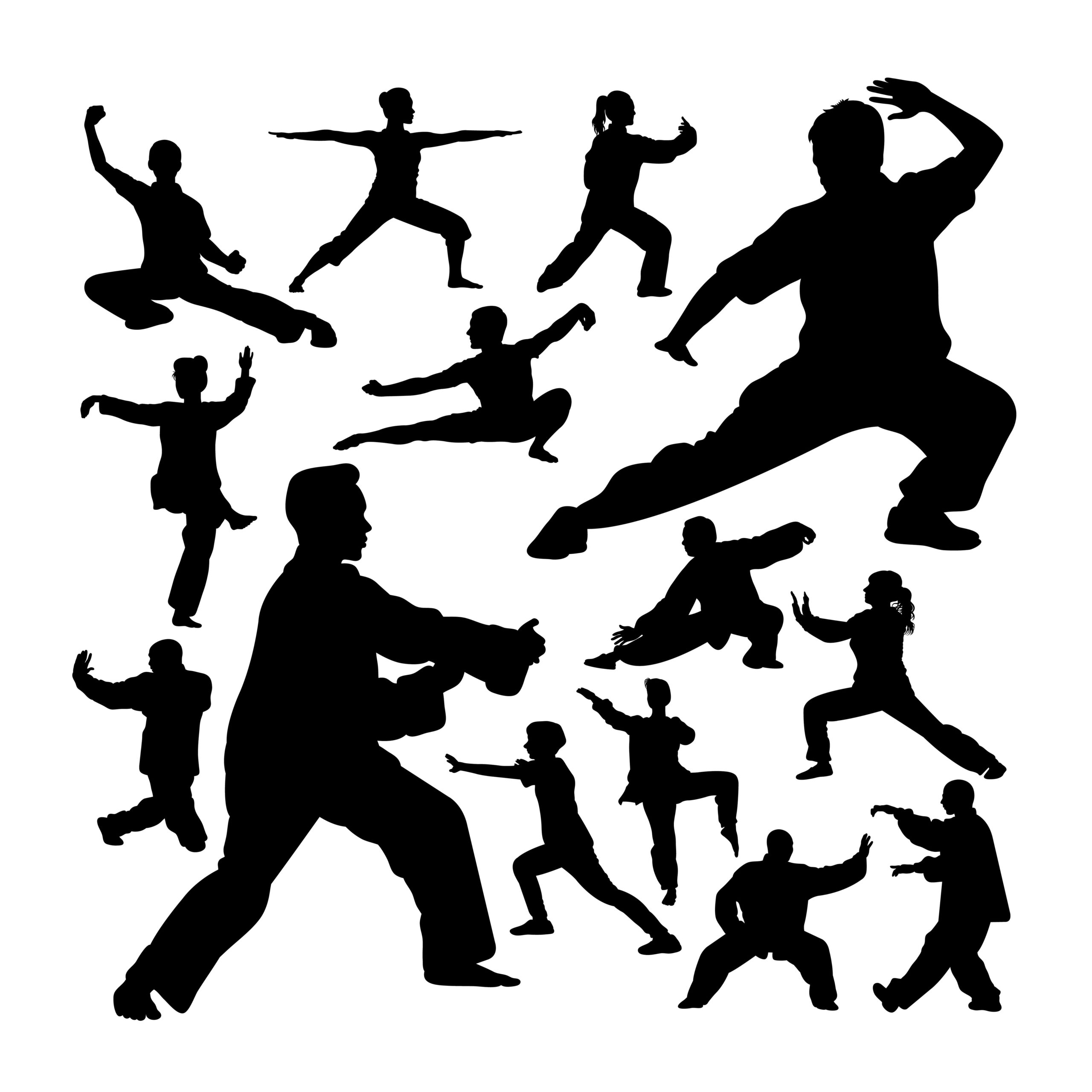
Tai Chi (pronounced tie-chee) is a physical and mental technique that integrates body, mind and spirit, and has been practiced for centuries in China. It began as a martial art, but these days it is most frequently practiced for its health benefits and meditative properties. What exactly is Tai Chi? What are some of its health benefits? And where can you get started with it? Keep reading for answers to all of those questions and more.
Tai Chi has become a popular form of exercise for millions of Chinese people, senior citizens in particular. Over the last ten to twenty years, Tai Chi has caught on in America. Classes are offered everywhere on a daily basis, from parks, community centers, senior-citizen centers, and health clubs.
The practice of Tai Chi involves the performance of a series of slow, graceful, and controlled body movements that are done while the body remains straight and upright. It includes stepping, shifting weight, and rotating through movements that are similar to those in yoga and ballet. Throughout a session of Tai Chi, you allow your breathing to be deep yet relaxed. It is a low-impact activity, which makes it especially attractive to older adults and individuals with physical impairments.
The traditional purpose of Tai Chi is to view “dan,” a highly-focused energy source. “Dan” can be divided into three areas of the body: lower dantian, middle dantian, and upper dantian. For Tai Chi novices, it is important to start with lower dantian, below the navel. This part of the body is the foundation, the energy center, and is key for immunity, vitality, stamina, and longevity.
Like acupuncture, Tai Chi is based on the concept of chi, a vital life force that courses through the body through specific pathways or meridians. The traditional explanation is that the practice of Tai Chi improves health by breaking up blockages in the flow of chi, thereby restoring the balance of energy. Good health is considered a reflection of this type of energy balance and harmony of the whole body, while blocked energy manifests in illness or disease.
All forms of traditional Chinese medicine aim to restore energy balance and to conserve the body’s chi or life vitality. This health system includes the practices of acupuncture, massage, herbal medicine and Tai Chi’s sister healing art, qigong (pronounced chee gong).
Modern researchers have found that Tai Chi can yield numerous health benefits. Regular practice builds strength, enhances muscle tone, increases circulation, and improves balance, flexibility, posture, coordination and range of motion. Some studies also show that Tai Chi can lower blood pressure and heart rate as well as ease arthritis pain. It can help prevent osteoporosis, making it particularly beneficial to women, and reduce the incidence of falls. Tai Chi also can reduce stress, improve concentration and increase energy.
If you would like to give Tai Chi a try, contact your health club or local public community center and inquire about classes.

A new study suggests that a widely used sugar substitute found in diet sodas, chewing gum, and low-sugar yogurt may elevate insulin levels. This could increase the long-term risk of heart disease. “Artificial sweeteners have infiltrated nearly all types of food, making it crucial to understand their long-term health effects,” said Yihai Cao, senior author […]

Diet Coke has long been a fan-favorite among soda lovers who want a fizzy, guilt-free alternative to traditional soft drinks. While its zero-calorie, zero-sugar label makes it seem like a healthier option, the reality is far more concerning. Despite its undeniable popularity, Diet Coke’s nutritional profile has raised red flags among health experts for years. […]

New study shows that embracing an anti-inflammatory, plant-forward diet can support cognitive function and help reduce the risk of dementia. What You Eat Shapes Your Brain The food you eat doesn’t just impact your body—it also affects your brain. Research suggests that eating an anti-inflammatory, plant-based diet can help improve memory, focus, and overall brain […]